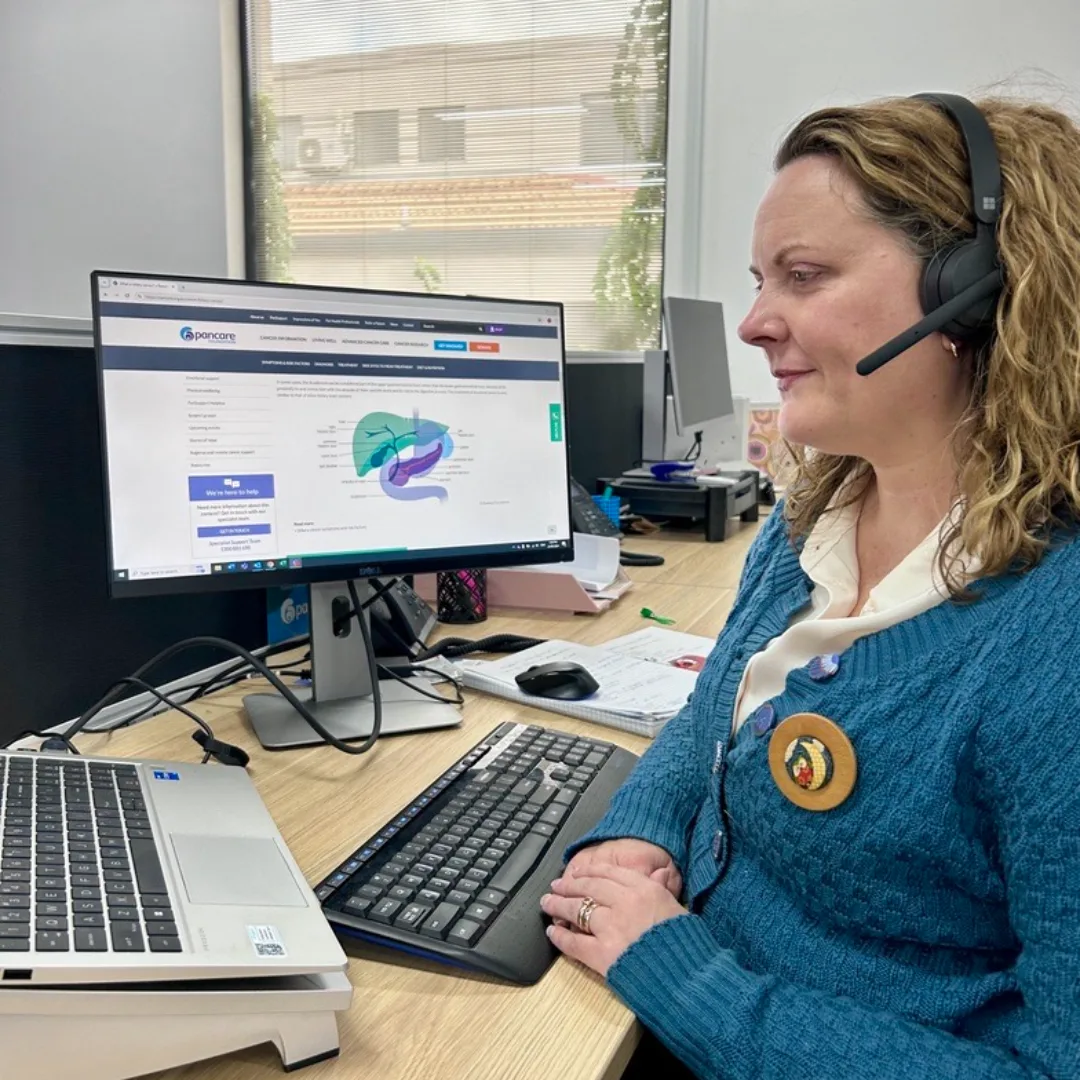About liver cancer
Liver cancer occurs when abnormal cells in the liver grow out of control. There are several risk factors for developing liver cancer.
This section explains what the liver does, what liver cancer is, what causes it, and how you can lower your risk.

About the liver
The liver is the largest organ inside the body and forms part of the digestive system. The main functions of the liver are to help digest food and remove toxic substances from the body.
The liver sits just under the ribs on the right side of the abdomen. It has two large sections called the right and left lobes. Under the liver is the gallbladder, as well as parts of the pancreas and intestines. These organs work together to digest, absorb and process food.

The liver makes bile, a fluid that helps break down fats in food. Bile is made from cholesterol, water, bile salts and bilirubin (a yellow pigment formed when red blood cells break down). Bile is stored in the gallbladder until there are fats in the small intestine that need digesting.
The liver also:
- stores nutrients (carbohydrates, fats, proteins and vitamins)
- removes toxic chemicals from the blood
- metabolises drugs and alcohol
- makes proteins that are important for blood clotting and other functions
- helps regulate blood sugar levels by storing and releasing sugar.
What is liver cancer?
Liver cancer occurs when abnormal cells in the liver grow out of control forming a tumour. Liver cancer tumours can grow in any part of the liver.
Liver cancer can be:
- primary, meaning that the cancer started in the liver
- secondary, meaning that the cancer started in another part of the body and spread to the liver; most liver cancers are secondary.
The information in this section focuses on primary liver cancer.
There are three types of primary liver cancer, depending on the type of cell that the cancer grows from:
- Hepatocellular carcinomas (HCCs; also called hepatoma) start in the main type of cells in the liver, called hepatocytes. This is the most common type of liver cancer.
- Cholangiocarcinomas start in the cells that line the inside of the bile ducts, which connect the liver to the bowel and gallbladder.
- Angiosarcomas, a very rare type of liver cancer, start in the cells that line the walls of the liver's blood vessels.
What causes liver cancer?
Most liver cancers develop with no obvious cause. But some things can increase the risk of developing liver cancer. These are known as risk factors.
Risk factors for liver cancer include:
- Chronic infection with hepatitis B or hepatitis C virus
- Cirrhosis (liver scarring caused by long-term liver damage)
- Contact with infected blood or body fluids (including during childbirth)
- Not being vaccinated against hepatitis B
- Smoking tobacco
- Drinking alcohol frequently
- Obesity
- Type 2 diabetes
- Exposure to certain chemicals
- Metabolic Associated Fatty Liver Disease (MAFLD), often caused by obesity, a high-fat diet, or diabetes
- Hereditary conditions such as haemochromatosis (excess iron storage) and alpha-1 antitrypsin (AAT) deficiency
Prevention and early detection
There is no guaranteed way to prevent liver cancer. But you may lower your risk by:
- avoiding or limiting alcohol consumption
- quitting smoking
- eating a healthy, balanced diet
- staying active and keeping a healthy weight
- getting vaccinated against hepatitis B
- managing chronic hepatitis or diabetes with your doctor's help.
There is no population-wide screening program for liver cancer in Australia. However, people at higher risk (such as those with chronic hepatitis B or C, or cirrhosis) may be offered regular monitoring with blood tests and ultrasound scans. If you are worried about your risk, speak to your doctor
Want to talk?
Speak to an upper GI cancer nurse or counsellor, we're here to provide you with the support you need. Support available to anyone impacted by upper gastrointestinal (GI) cancer. Monday to Friday, 9am-5pm.
